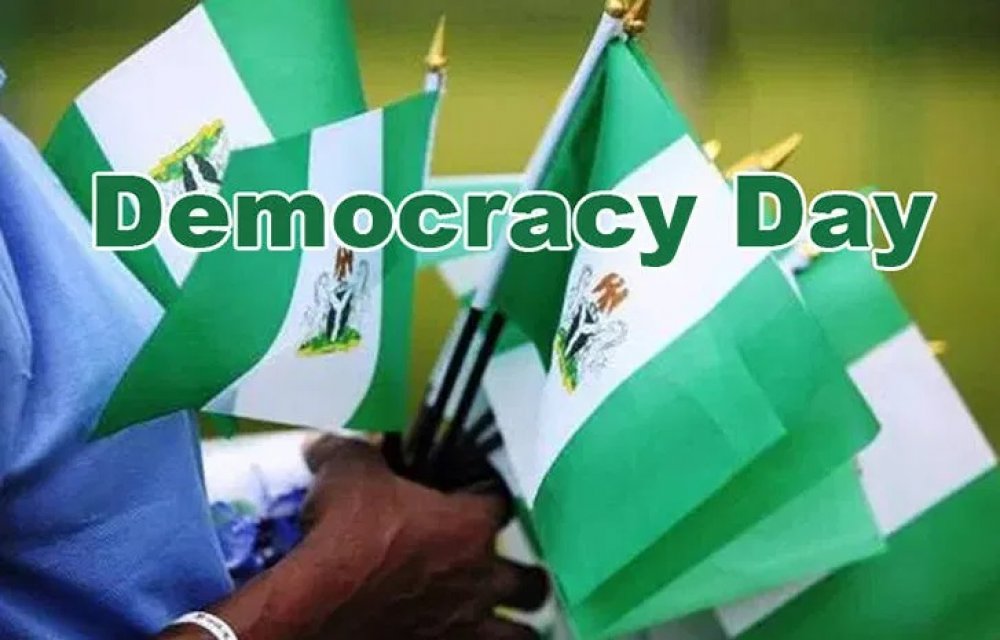Since January 15, 1966, Nigerian democracy has been threatened by coup d’état. General Abdulsalami Abubakar was the last military head of state in 1999, after the demise of General Sani Abacha. There were decades of military rule from 1966 to 1999. There was a brief period of democratic governance between 1979 and 1983.
Several attempts at restoring democracy were shortlived as the military seized control of the government. Among such attempts, marred with bloodshed and controversies, was the 1993 presidential election conducted while Ibrahim Babamasi Babangida was the military head of state. There were formations of political parties and conduct of the election, in which Moshood Kashimawo Abiola (MKO) was acclaimed to have had the popular votes in 1993. The election was the first since 1983 that the military seized power and was said to be free, fair and peaceful by local and international observers.
But he was not declared winner as there was a court injunction suspending the collation and announcement of the result by the National Electoral Committee (NEC), headed by Humphrey Nwosu.
Despite failed efforts to ensure the continuance of the collation and announcement of the election results, General Ibrahim Babangida annulled the election on June 24, 1993.
The announcement was met with international condemnation and widespread protests, especially in the southwestern region of Nigeria.
Abiola left no stone unturned in seeking a return of his ‘stolen mandate,’ despite decrees stopping the court from hearing election cases and the termination of the electoral body’s activities.
The emergence of an Interim National Government headed by Ernest Shonekan did not ensure the return of democracy in the country. Although February 1994 was chosen for another election, the election was not held as political and economic crises led to the premature death of the government.
Shonekan’s Chief of Defense Staff, Sani Abacha, staged a coup in November 1993, jettisoning Nigeria’s hope for a democratic government as he banned activities of political parties.
June 1994 was a crucial moment in Nigeria’s democracy as Abiola declared himself president and commander-in-chief. He was arrested and charged with treason, punishable by death.
Unlike the June 1993 protest after the annulment of the election, his arrest was followed by a nine-week industrial action by workers, while pro-democracy groups led protests demanding for his release.
The New York Times reported that at least 20 people were killed in pro-democracy demonstrations in Lagos. The newspaper quoted Beko Ramsome-Kuti to have said that at least 20 people were killed during protests in different locations in Lagos. Witnesses saw bodies along Western Avenue.
The 1994 event gave June 12 more prominence. The death of Sani Abacha on June 8, 1998 portended a new dawn for Nigeria’s democracy, with a heightened hope for the release of MKO Abiola, but he died on July 7, a month later, during the regime of Gen Abdulsalami Abubakar.
Southwestern states in the country do celebrate June 12 annually to recognise the heroic of Abiola, even during the administration of President Olusegun Obasanjo. Democracy Day was celebrated on May 29, the day he was sworn in as a democratic president, but on June 6, 2018, President Muhammadu Buhari declared June 12 as the new Democracy Day. Since 2018, the day has been a work-free day while lectures are held to commemorate Nigeria’s democracy.

 Join Daily Trust WhatsApp Community For Quick Access To News and Happenings Around You.
Join Daily Trust WhatsApp Community For Quick Access To News and Happenings Around You.


